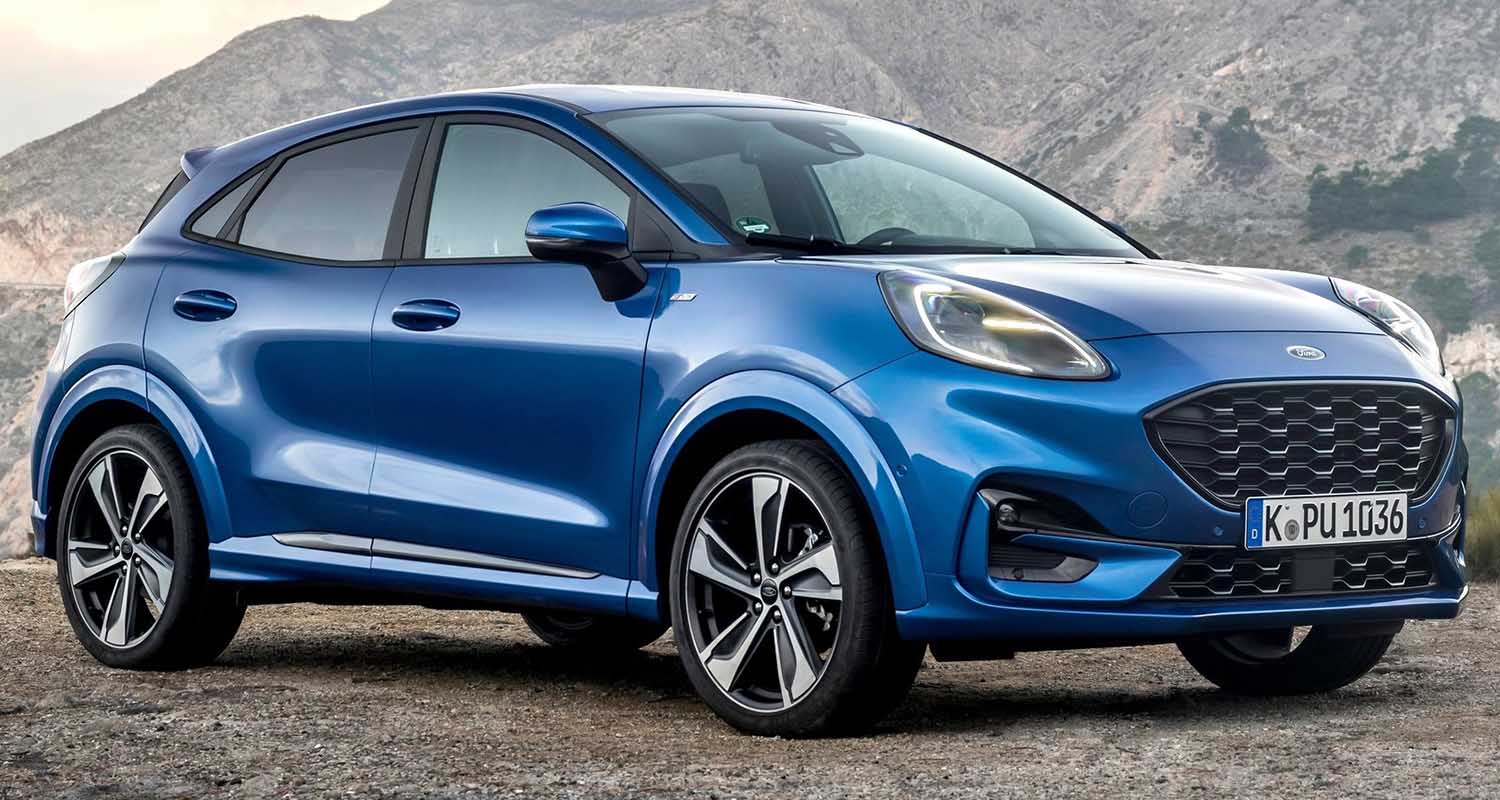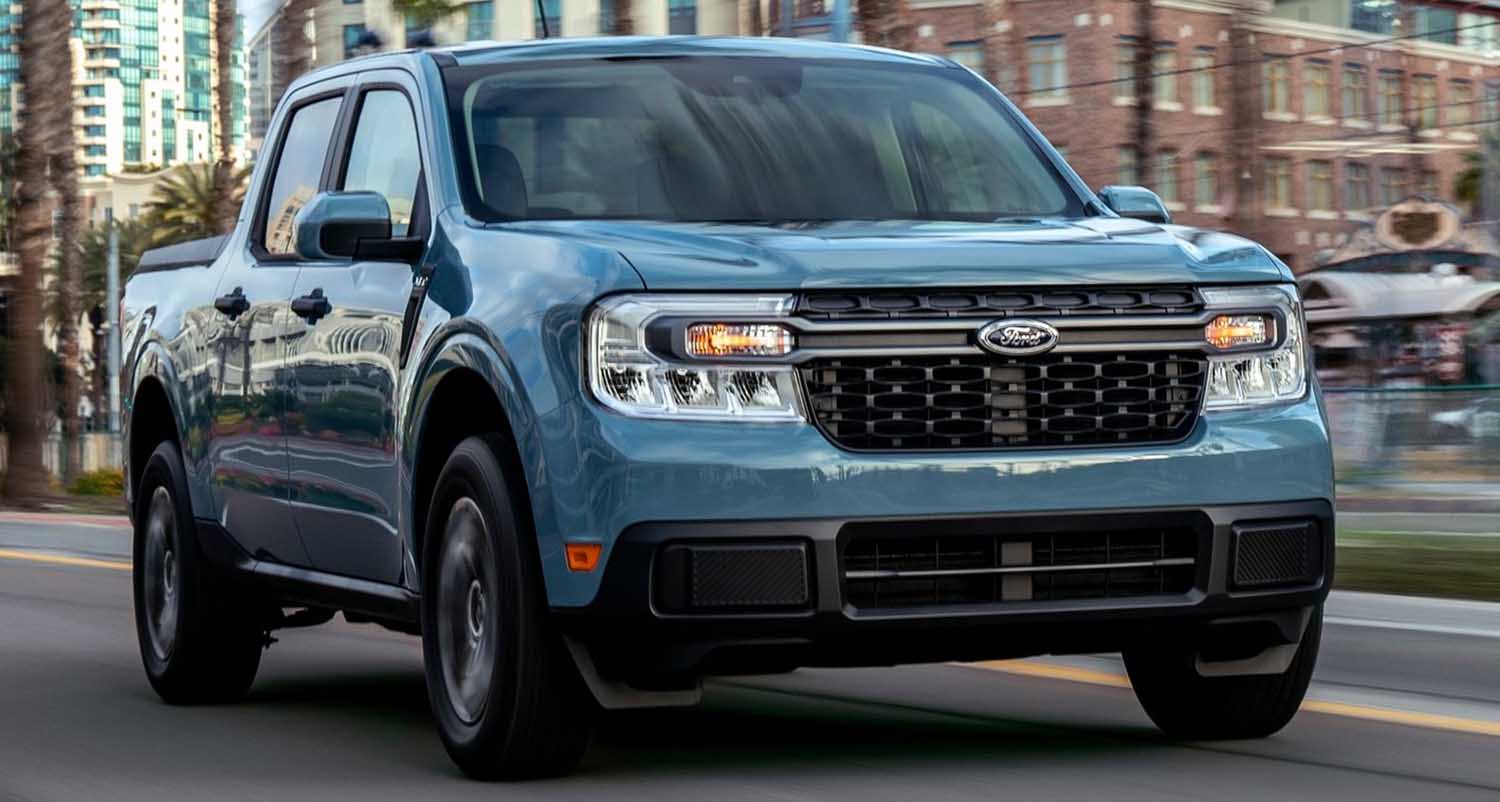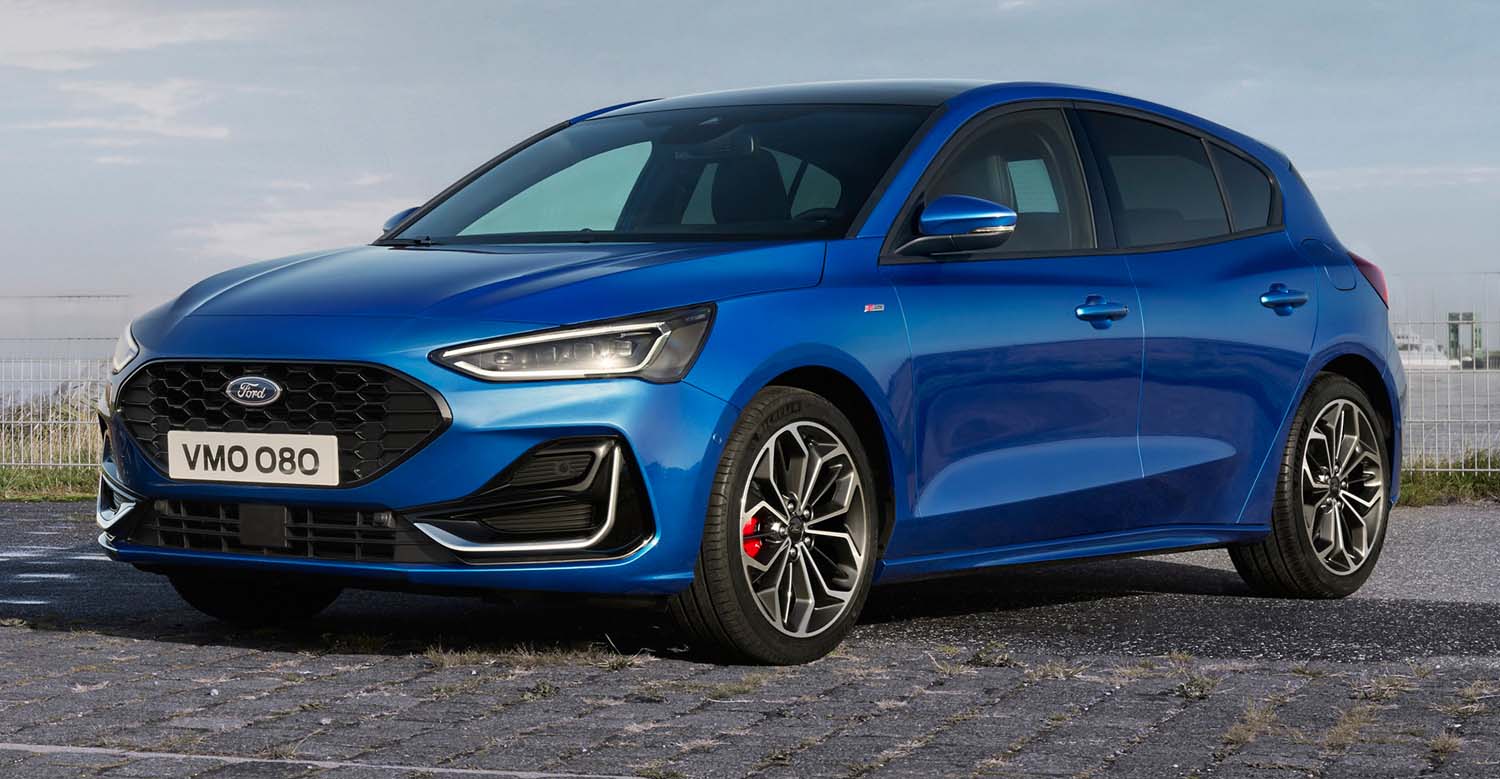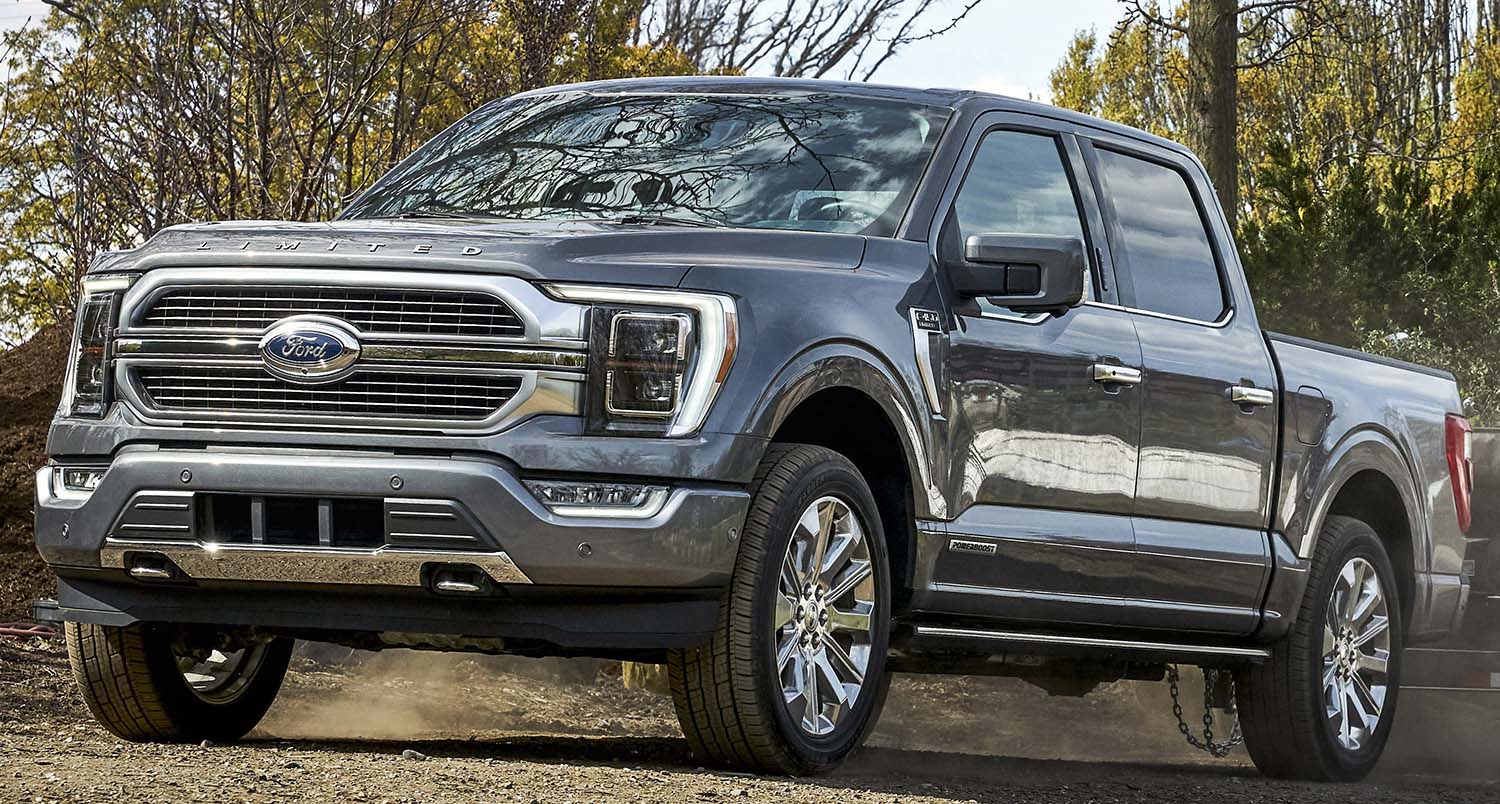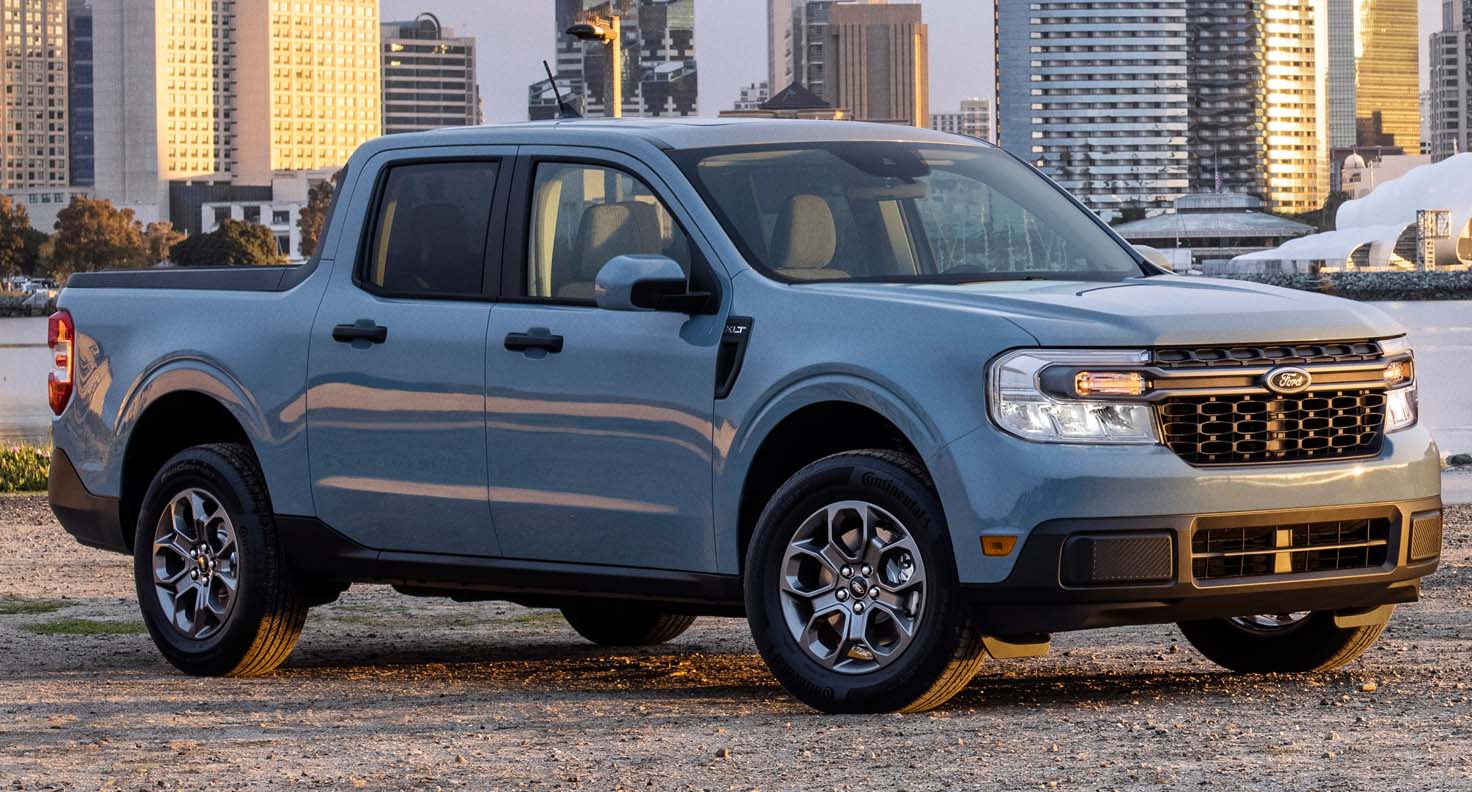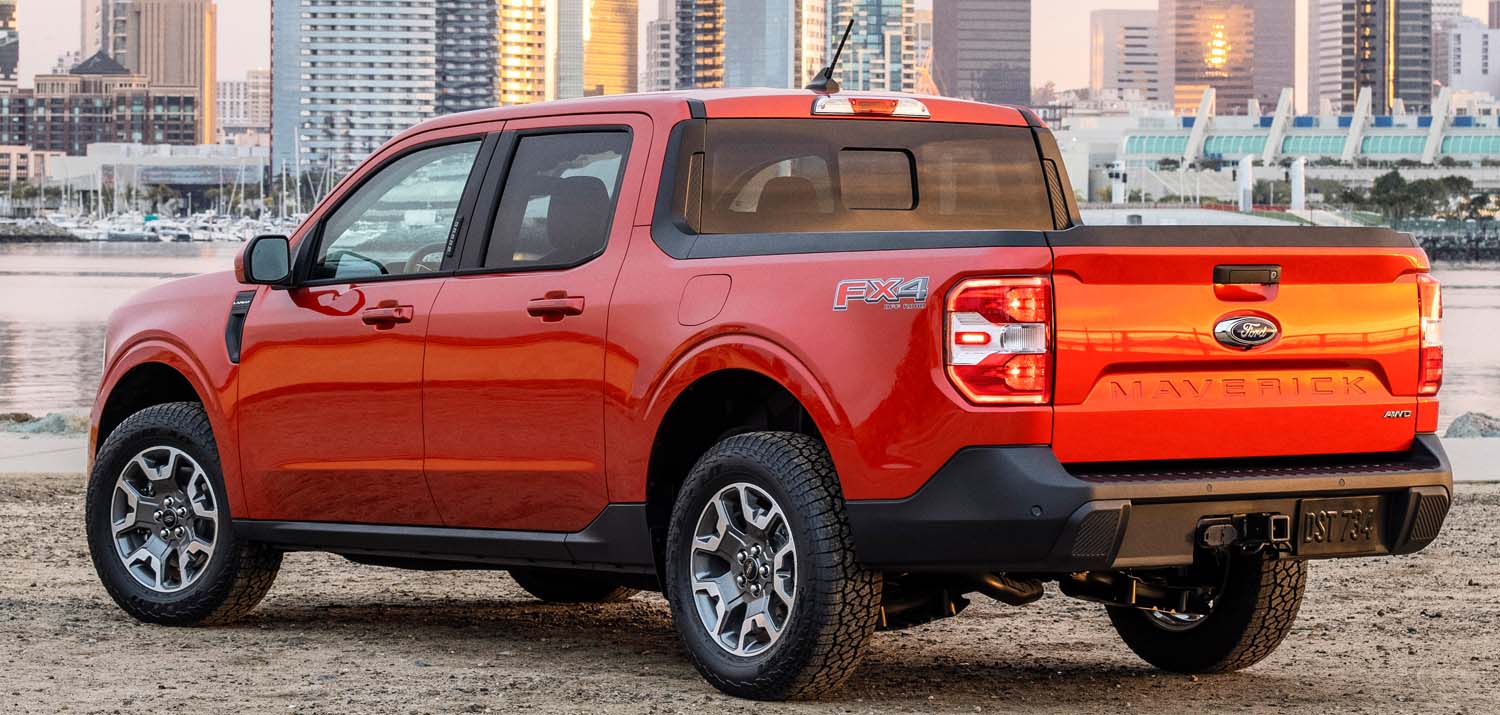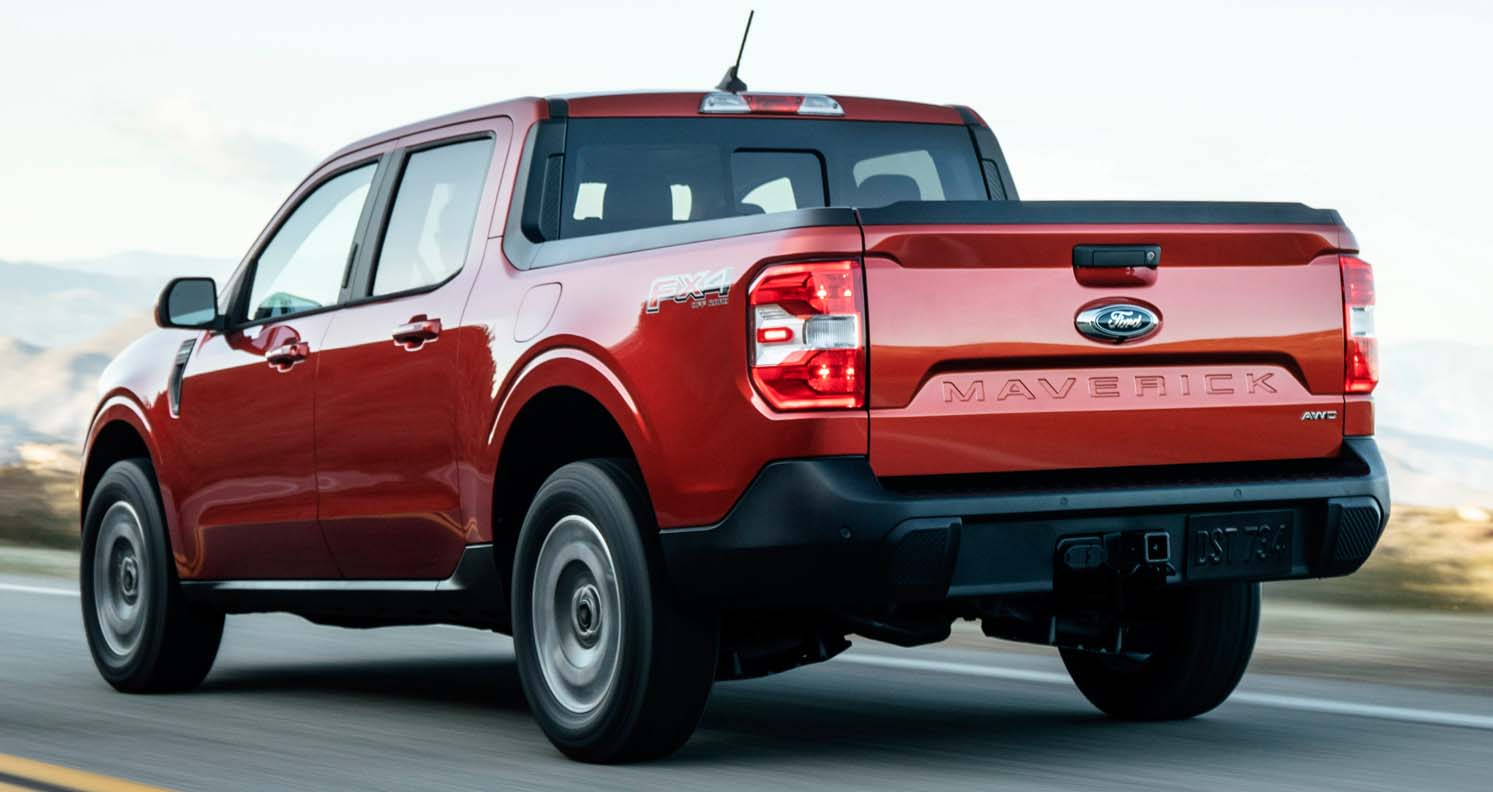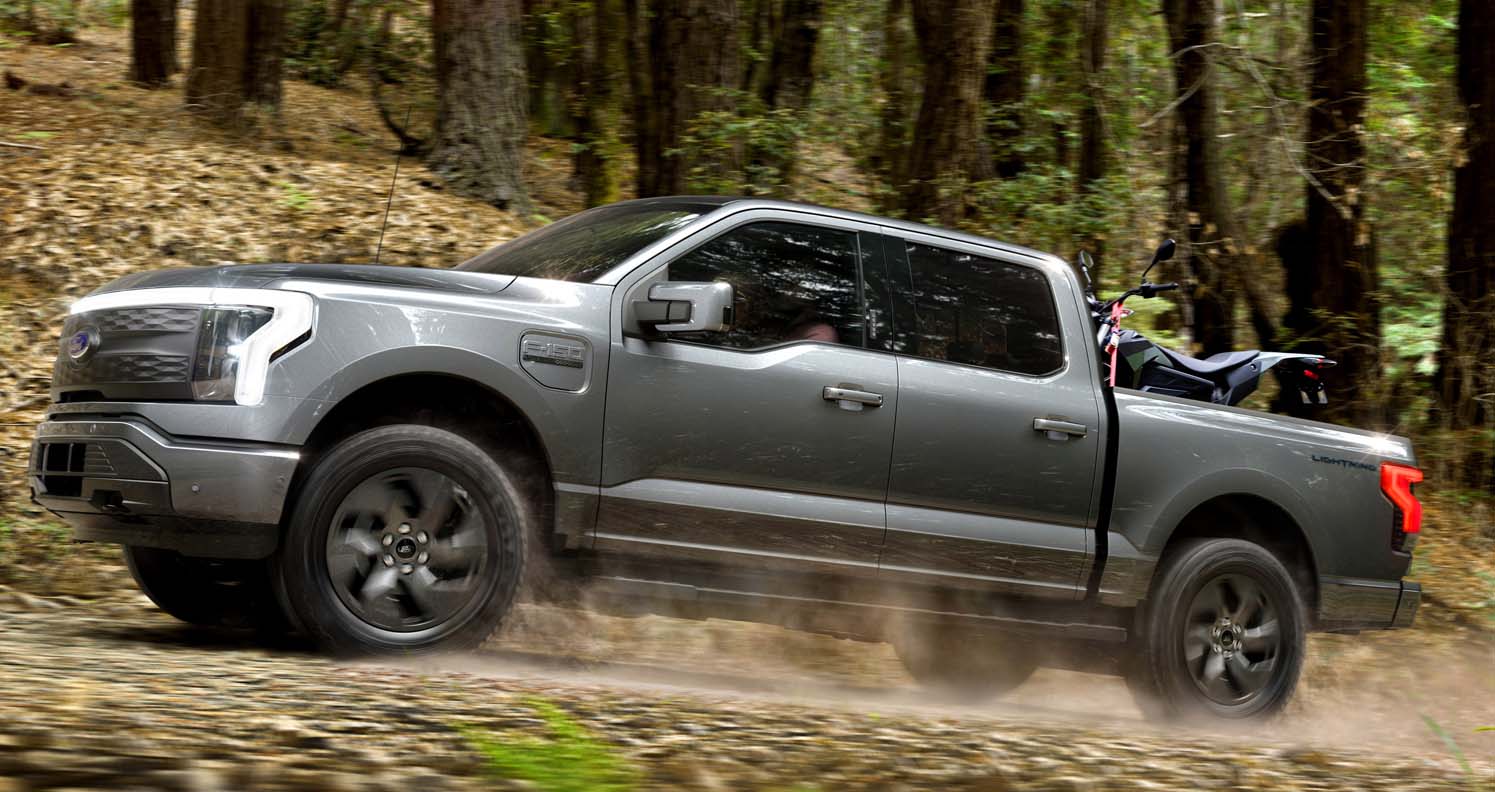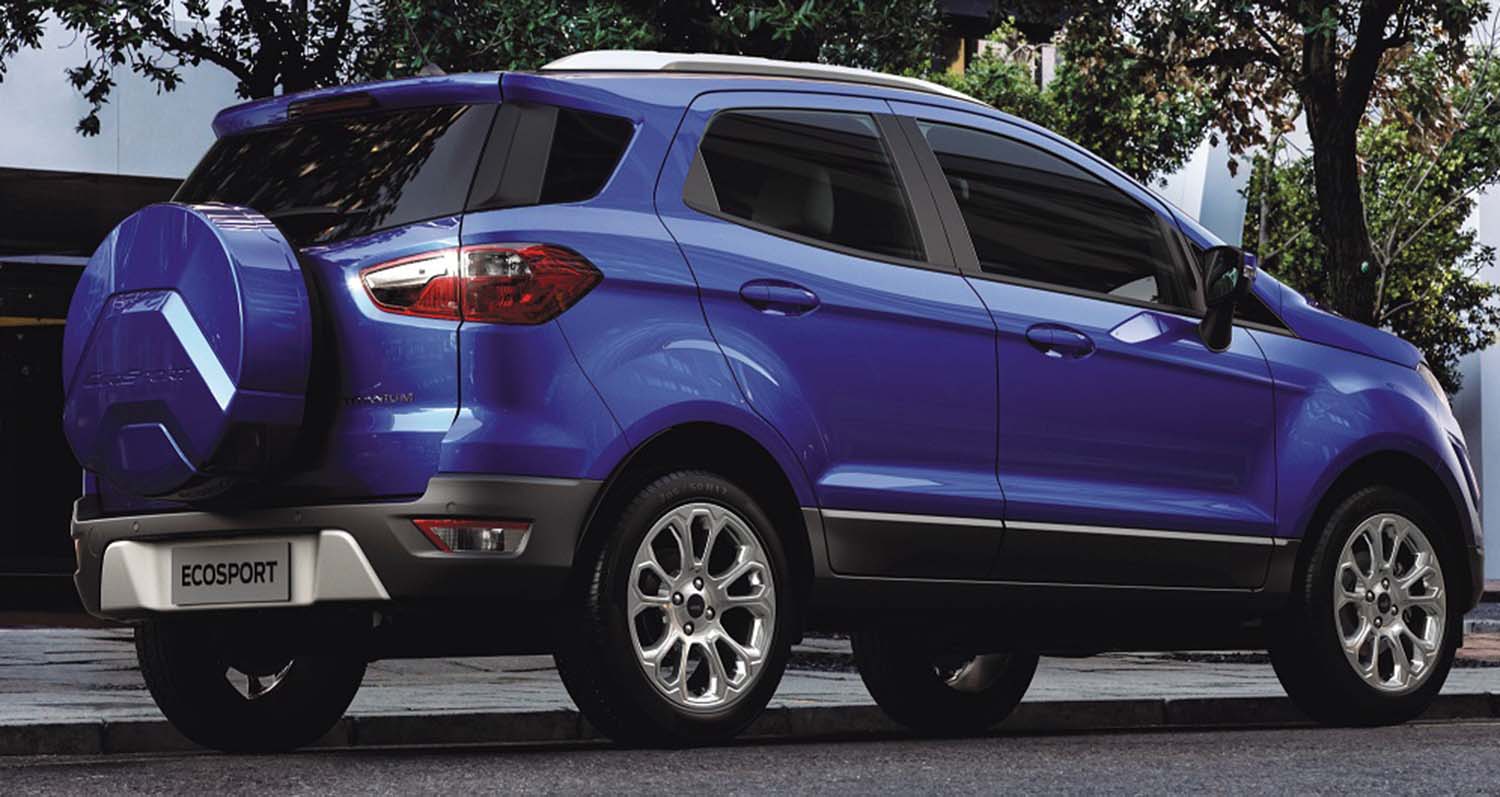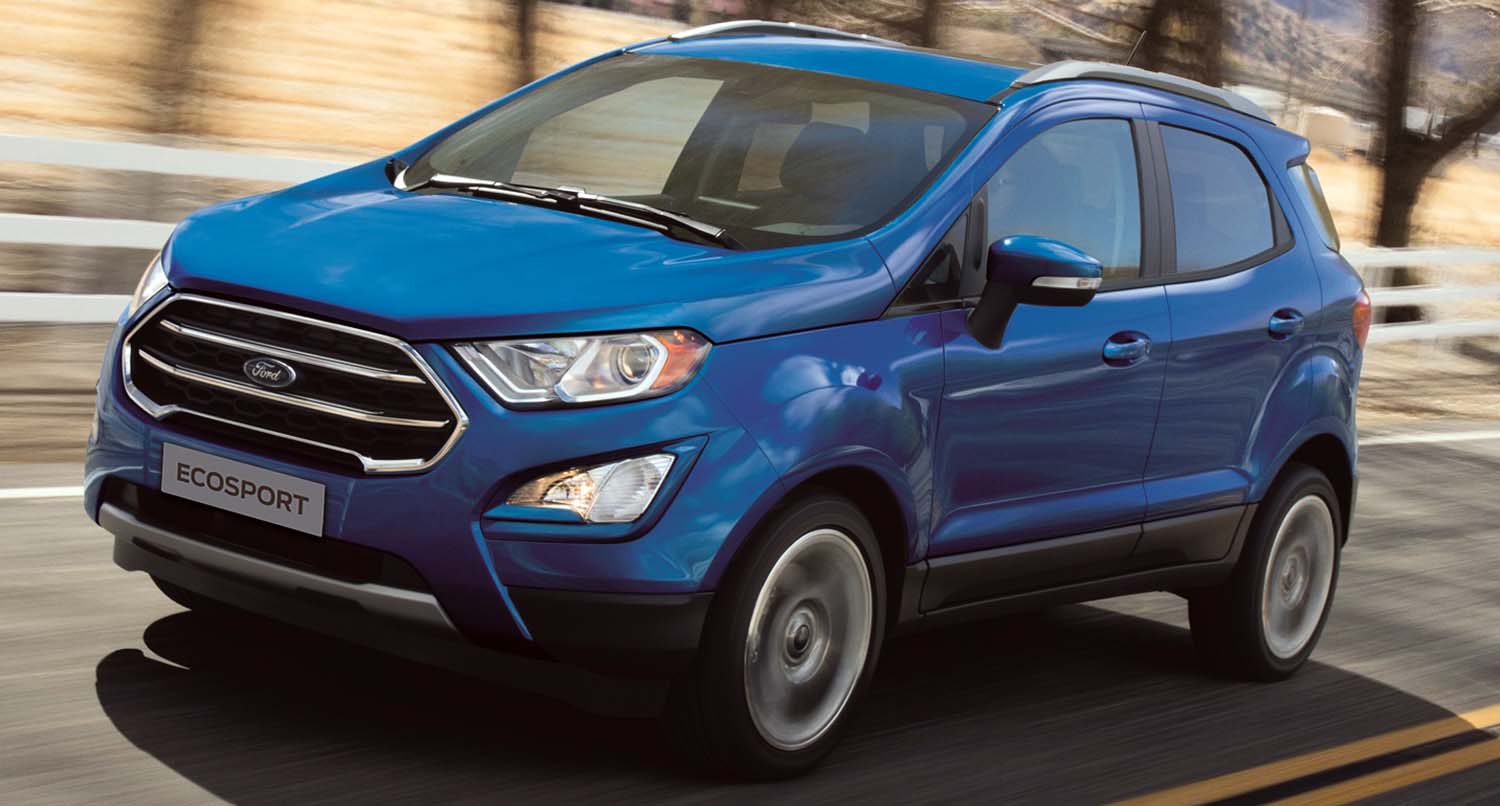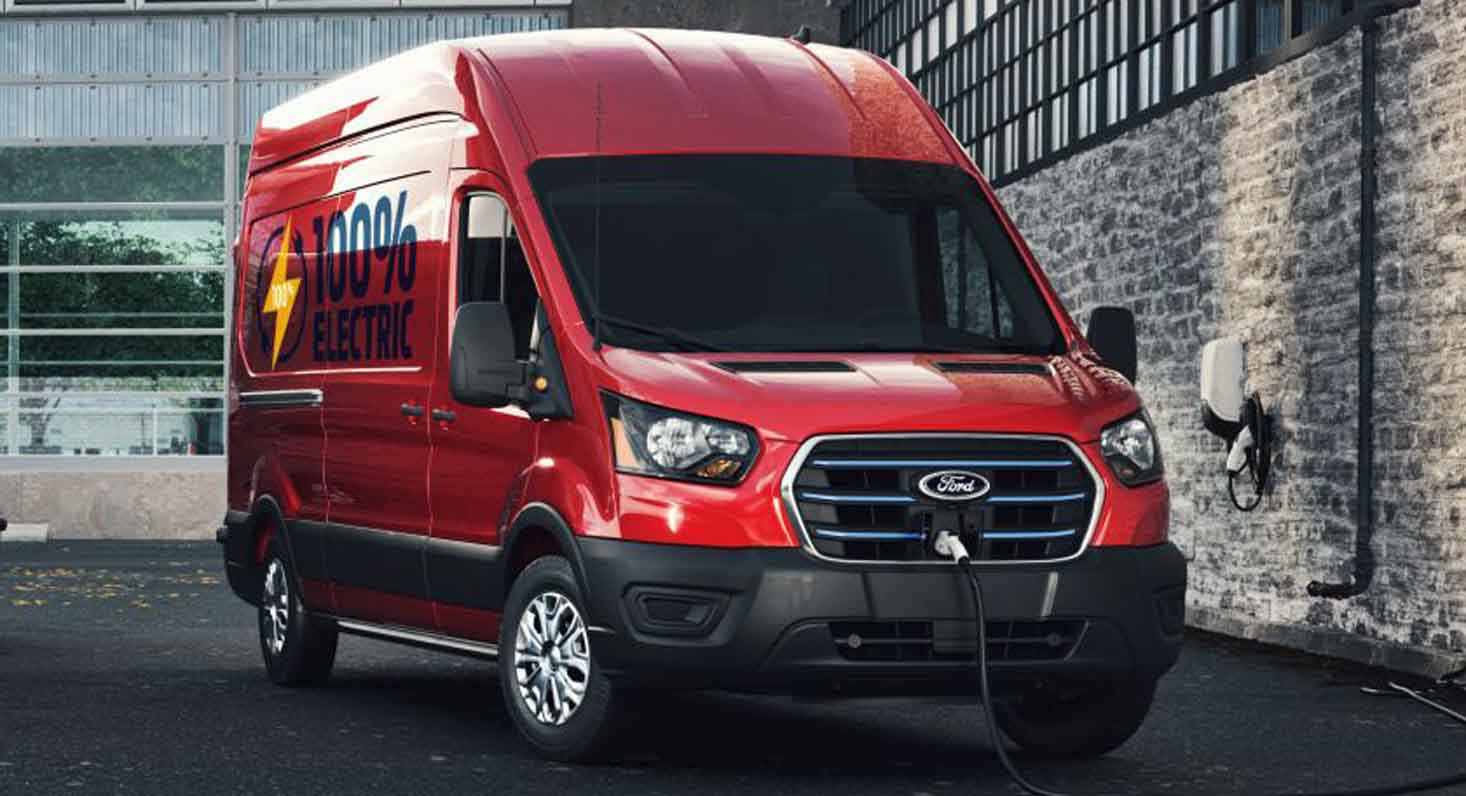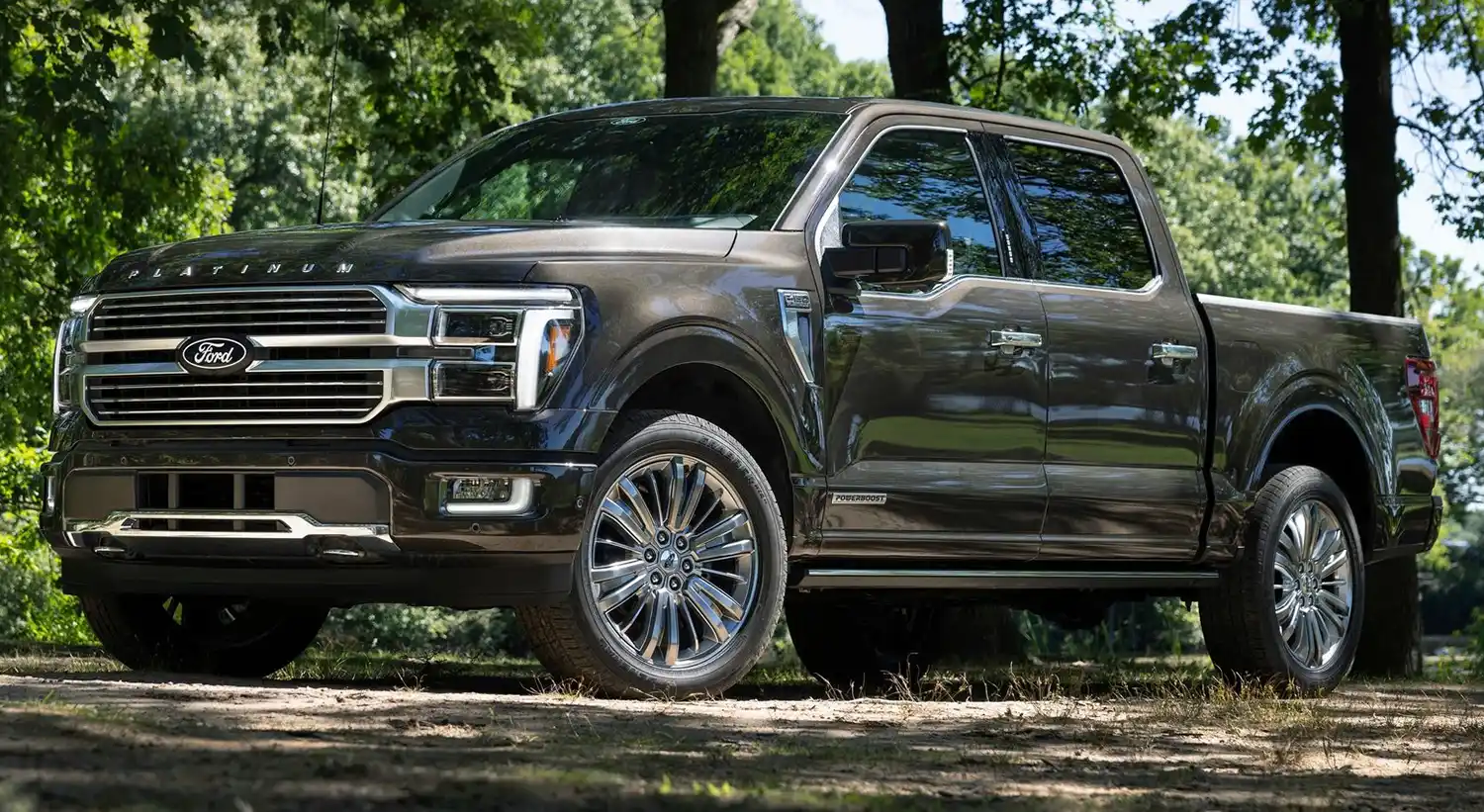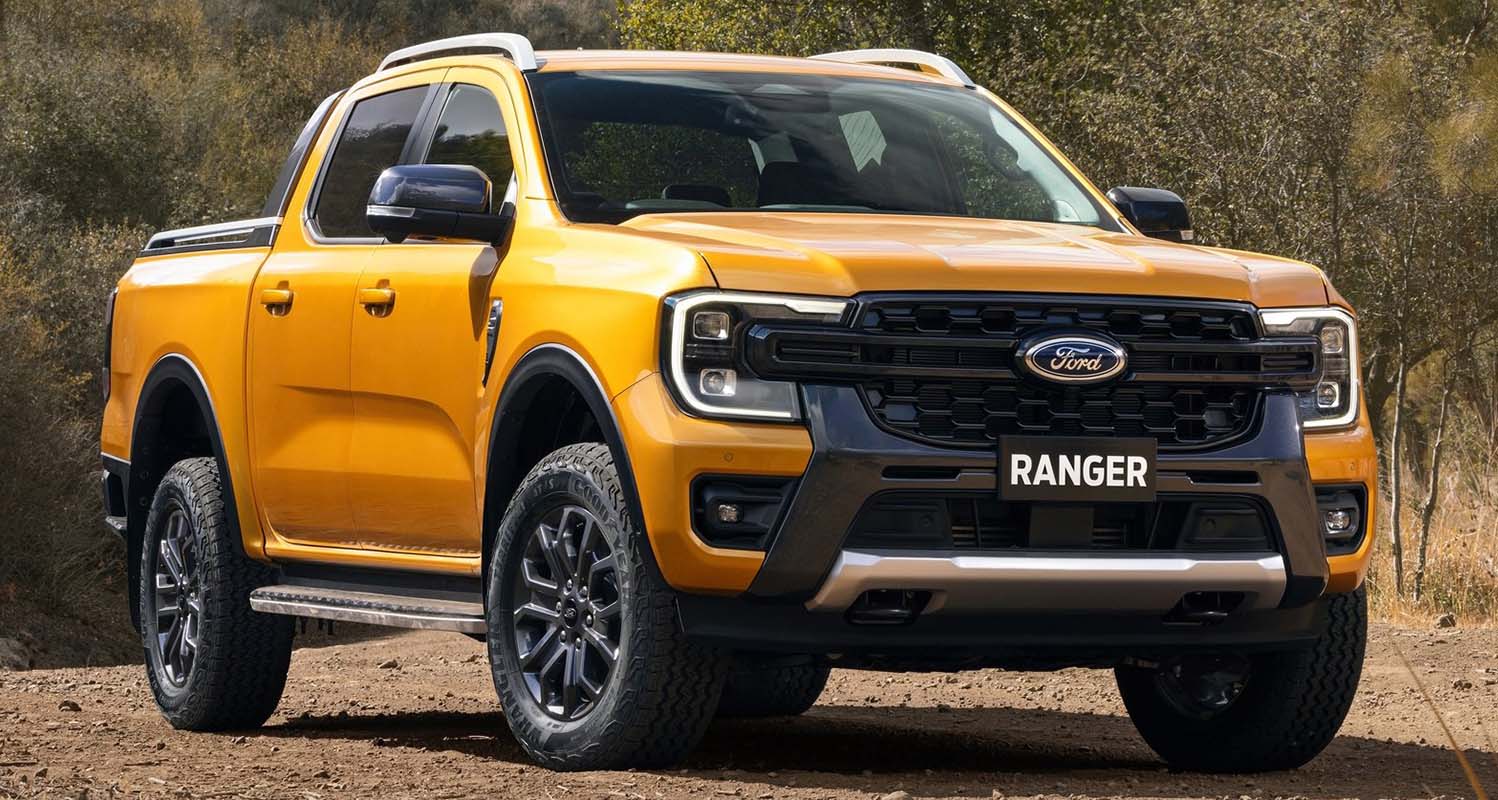
With inflation reaching unprecedented levels, drivers in the Middle East are looking at ways to tighten their belts – however they can.
Thanks to a confluence of factors – millions of people returning to the office, global oil production cuts and geopolitical conflict – drivers across the world are facing record-high fuel prices.
So here are some ways in which you can improve your vehicle’s fuel economy and longevity.
Don’t slam (either) pedal
Drivers in the Middle East have some bad habits to unlearn. One of these is hard accelerating and braking.
While it may feel great to slam your foot down on the pedal when a red light turns green, this repeated action can be expensive. When you press down on your accelerator pedal quickly, you are applying stress to the engine, which (over time) contributes to wear and tear, emits more carbon than normal, and significantly increases the amount of fuel your vehicle is consuming to move a set distance.
Additionally, harsh acceleration usually requires hard stopping, which will overheat your brakes and reduce your lifespan.
Instead of gunning your engine, it’s healthier for your car and wallet to ease up to your desired speed. Try to keep this speed as constant as you can – cruise control makes this easier, if you have it.
When you need to stop, take your foot off the gas and gently apply brakes to coast to a standstill.
According to the US Department of Energy, following the speed limit while accelerating and braking gradually can improve the fuel economy of your vehicle by between 15% and 30% on highways, and 10-40% in stop-and-start traffic.
The wheel deal
The condition and pressure of your tyres affects fuel economy. Up to 20% of your car’s fuel consumption comes from its tyres. The primary factor affecting this is rolling resistance. Energy-saving tyres offer lower rolling resistance by minimizing heat resistance. By some estimates, energy-saving tyres can save up to 440 liters of fuel over the tyres’ lifetime – that’s just over six full tanks of gas in a luxury sedan such as the Ford Taurus.
If your wheels aren’t properly aligned, this too can have a detrimental impact on fuel economy. It’s a good idea to get this checked at your next service appointment.
Shed the deadweight
Children’s soccer shoes, empty water bottles, used coffee cups, a spare backpack, dozens of flyers – so many of us drive around with unnecessary junk in our cars. This detritus is not only an eyesore but is also costing you money.
Simply put, the heavier your vehicle is, the harder your engine needs to work to move it, which increases fuel consumption. If you’ve installed a bicycle rack on the back of your car, and you haven’t used it in a while, it’s a great idea to consider removing this. It not only adds weight but also adds drag, which increases engine stress.
Rooftop cargo containers are also a huge impediment to fuel economy – reducing it by around 2% to 8% while driving in urban areas, and between 10% and 25% on highways. So, ditch the box if you’re done using it!
Maintenance matters
Now that you’ve improved your daily driving practices and thrown out your car’s junk, it’s time to take stock of your vehicle’s maintenance needs.
Over the course of your time with a vehicle, having its engine regularly serviced – as per the manufacturer’s recommendation – with the right lubricants, parts, and fluids can significantly slow down the degradation of fuel economy.
In terms of reliability, there is no better option than taking your vehicle to its official service center.
Use technology
If you’re driving into or out of particularly busy areas on a daily basis, idling in traffic can seriously increase your spend at the pump.
Thankfully, there are a number of free applications available on smartphone app stores can help. Busy roads tend to have more accidents, and navigation apps such as Google Maps and Waze offer real-time data and information on stoppages. Do your research and try out a couple before settling on the one you like best – both are available on Apple CarPlay and Android Auto.
If you are looking to purchase a more fuel-efficient vehicle, it’s worth doing your research on efficient engine technologies that manufacturers have invested significant R&D into.
Ford, for example, offers its EcoBoost technology across a range of nameplates. Every EcoBoost engine features turbochargers for a power that far exceeds engine size. Turbocharging uses exhaust gases, which are usually wasted, to push more highly compressed air into the engine and give a huge boost to their power.
A 1.0-liter EcoBoost engine can deliver an impressive performance up to 140PS, similar to an older, heavier 1.6-liter petrol engine.
